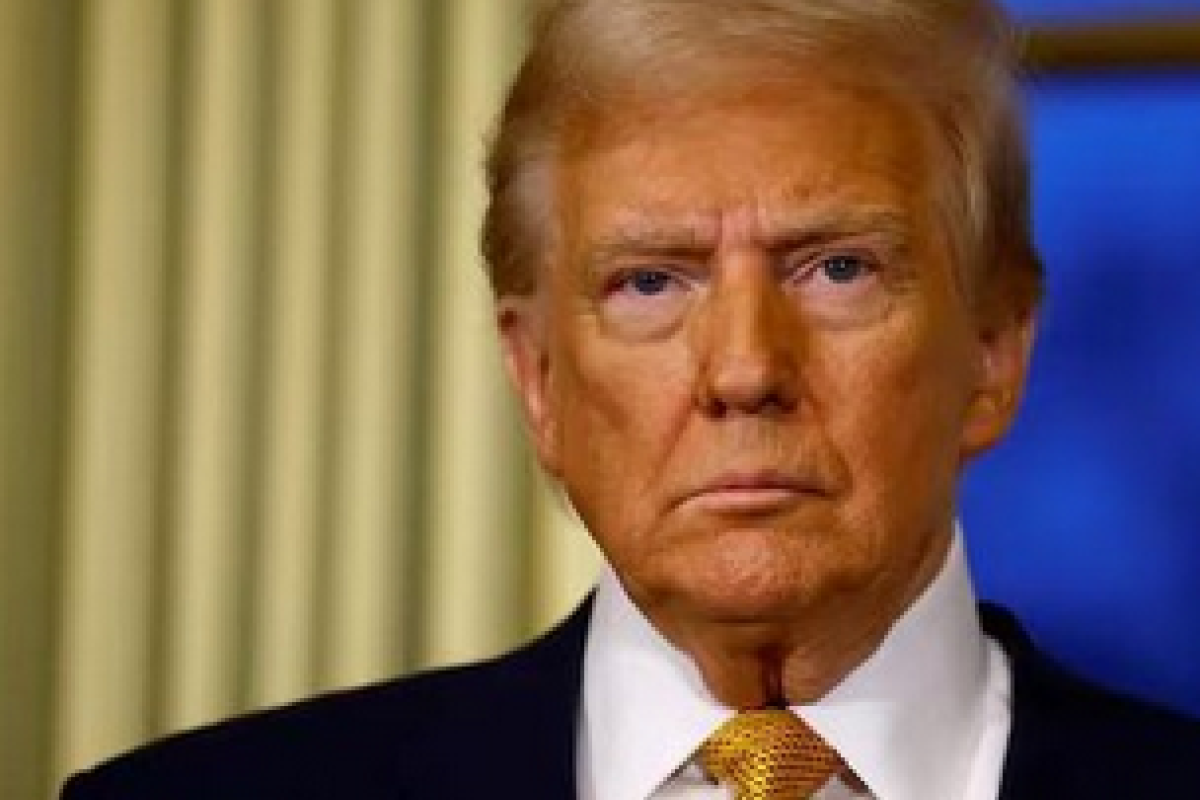Republicans Struggle to Justify Trump’s Pardons of January 6 Defendants Hours Into His Presidency

Trump--
Republican senators faced difficulty defending former President Donald Trump’s decision to issue pardons and commutations for hundreds of individuals involved in the January 6 Capitol riots. The controversial move came just hours after Trump was sworn into office on Monday, raising questions about the implications for law enforcement and public safety.
Among those pardoned were individuals charged and convicted of crimes against police officers, including members of groups like the Proud Boys and Oath Keepers, who faced seditious conspiracy charges. Trump’s sweeping action put GOP lawmakers in an awkward position—balancing their loyalty to the party leader with their stance on law and order.
Senator Thom Tillis of North Carolina, a Republican who had previously warned against blanket pardons for rioters, was among the critics. “I just can’t agree with this decision,” he said, noting that the pardons could pose “legitimate safety concerns” for Capitol Hill. He also took the opportunity to criticize the pardons issued by President Joe Biden in his final hours in office.
The pardons reignited an ongoing dilemma for the GOP: how to navigate Trump’s polarizing decisions. Many Republican senators avoided directly answering whether they supported Trump’s actions, instead deferring to his presidential authority to issue pardons as he sees fit.
Senate Majority Leader John Thune of South Dakota sidestepped questions about the pardons, saying, “We’re looking at the future, not the past,” when asked if Trump’s decision was a mistake.
Senator James Lankford of Oklahoma admitted he was still processing the details of the pardons but emphasized that attacking police officers should have serious consequences. “We need to remain a party of law and order,” Lankford said. “Protecting those who protect us every day is incredibly important.”
Meanwhile, some Republicans voiced stronger objections. Senators Lisa Murkowski of Alaska and Bill Cassidy of Louisiana, both of whom voted to convict Trump during his second impeachment trial, criticized the broad scope of the pardons.
“I’m a big ‘back-the-blue’ guy,” Cassidy said. “If someone assaults a police officer, they need to do the time.” Murkowski echoed these sentiments, expressing concern about the message the pardons send to Capitol Police officers who protect lawmakers daily.
“I’m disappointed to see blanket pardons that include individuals who caused harm to officers or others through violence,” Murkowski said. “It sends the wrong message to the brave men and women who stood by us that day.”
Trump defended his decision, claiming it was not intended to condone attacks on law enforcement. “I’m the friend of police more than any president that’s ever been in this office,” he said. When pressed about specific cases, such as one involving an individual who used a stun gun against a police officer, Trump claimed he was unaware of the details but promised to review the situation.
“These people have served years in jail. They love our country, and I felt a pardon was appropriate,” Trump said, rejecting the notion that his actions endorsed violence against officers.
Most Republican lawmakers remained cautious, avoiding direct criticism or full-throated support. Senator John Cornyn of Texas emphasized that issuing pardons was the president’s prerogative. House Speaker Mike Johnson echoed this sentiment, stating, “It’s not my place. It’s the president’s sole decision, and I stand with him on it.”
Trump’s decision underscores the enduring challenges Republicans face in aligning with a leader whose decisions often spark controversy, particularly on issues as sensitive as the January 6 riots and law enforcement accountability.

